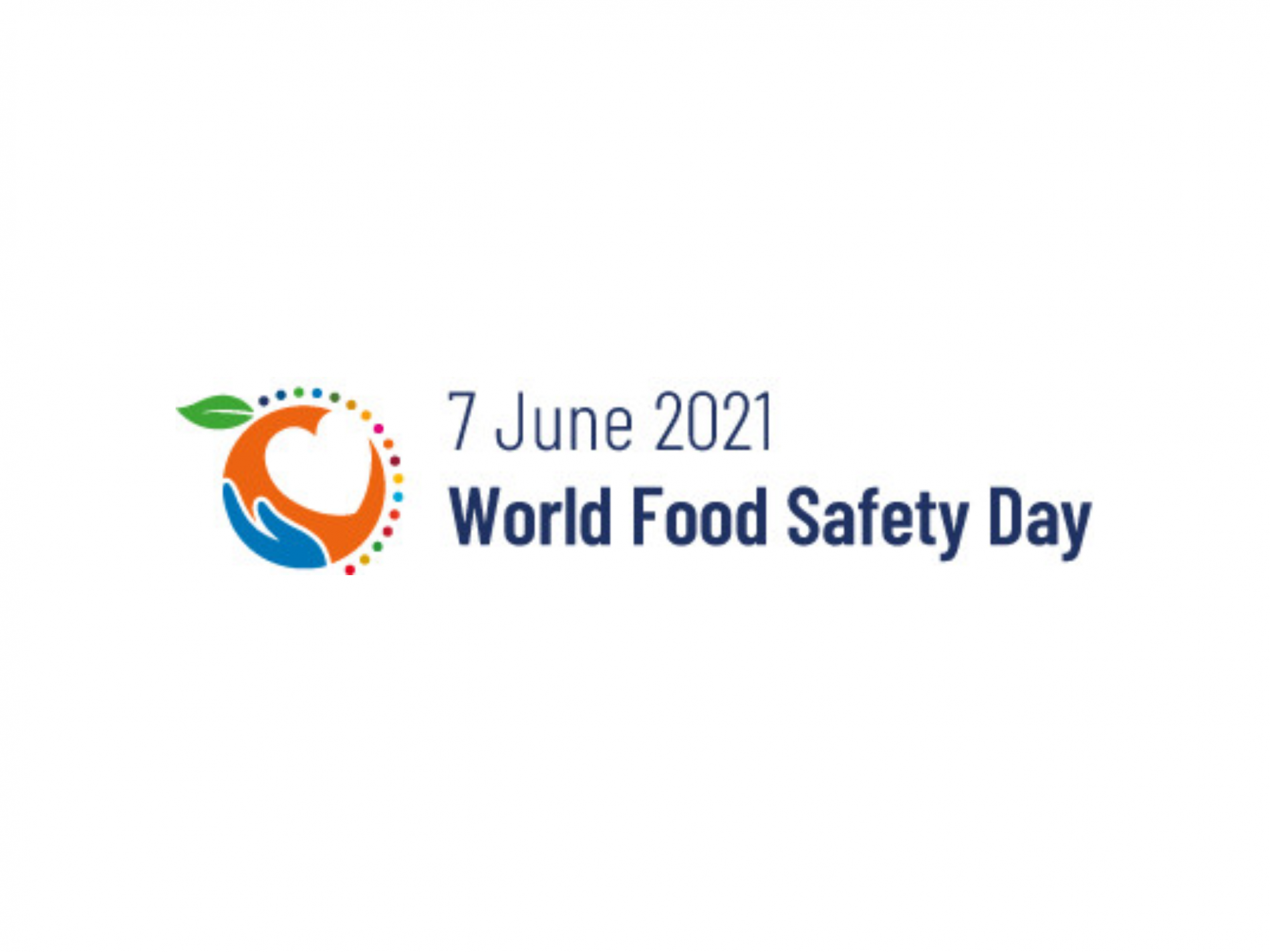On World Food Safety Day, the International Organisation of Vine and Wine (OIV) aims to draw attention to the actions of its 48 Member States as well as to promote the vitivinicultural sector as a driver of good practice and the sustainable food system.
Science plays an important role in food safety. As the scientific and technical reference for the world of wine and vine, the OIV is working with other intergovernmental organisations on this year's theme: “Safe food today for a healthy tomorrow”.
Consumers at the centre of the OIV's attention
Food safety requires all actors in the food chain to play their part in managing high food standards. The main objective is to provide answers to the expectations and concerns of consumers.
Within this framework, the OIV develops production standards, techniques and analysis methods to guarantee the identity and authenticity of vitivinicultural products.
One of the core missions of the OIV is to contribute to the protection of consumer health and the safety of the products. The "Security and Health" commission, with its "Food Safety" group of experts, is responsible for this. This expert group develops safety assessments and advice on wine treatments, processes and practices, as well as on the identification of risks for workers and consumers. Currently, the group is releasing several scientific reports on the safety assessment of various elements in wine such as aluminium, cadmium and zinc. Three OIV expertise documents on the assessment of lead, sulphites and arsenic respectively have been published.
Consult files here [EN]
Lead in Wine: a review
SO2 and wine: a review
Arsenic and wine: a review
Related news
Consensus between the OIV and the Codex on the proposed limits on lead
OIV-Codex Alimentarius cooperation on emerging issues
The need for international cooperation
To ensure food safety, international cooperation is necessary. The OIV closely collaborates with other intergovernmental bodies such as the Codex Alimentarius, the FAO and the WHO. Each of them brings its own specialisation to achieve a global vision of food safety.
A recent example is the adoption of the same lead limits for wines and fortified wines/liqueurs between the OIV and Codex Alimentarius on proposals to ensure consistency in standards and international trade. It is fortunate that Codex can rely on the OIV as a technical and scientific intergovernmental organisation of reference in the wine sector.
Mutualisation of information on food safety and interdisciplinary collaboration are two pillars to achieve a more resilient and sustainable agri-food system. More information on the FAO/OIV collaboration here.
A commitment with sustainability
The OIV's role in healthy and sustainable food is twofold: it relies on the United Nations SDGs (Sustainable Development Goals) and on the principle of sustainability.
The Strategic Plan 2020-2024 and its strategic objectives have been guided by the different issues the international vitivinicultural sector has to face up to, but also by a desire to integrate, into the work of the Organisation, the 2030 outlook of the United Nations SDGs. The OIV is committed to 13 out of 17 of the SDGs, and is supporting its members in their implementation in areas relevant to its mandate of financial stability and sustainable and inclusive economic growth.
Food Safety is crucial to enhance the sustainability of food systems and eradicate hunger and malnutrition in line with SDGs.
Alongside, the OIV undergone a long work of consensus to reach a definition of sustainability (2004) and Guidelines for the implementation of principles of sustainable vitiviniculture (2020). The OIV believes that all collective organisation of the vitivinicultural sector should facilitate the dissemination of a holistic management culture and stimulate the development of local networks committed to sustainability Objectives.
All these science based tools are meant to develop innovative, holistic and feasible “food chain” solutions.
For more information please contact: Barbara Iasiello, OIV Safety & Health Head of Unit, sanco@oiv.int.
